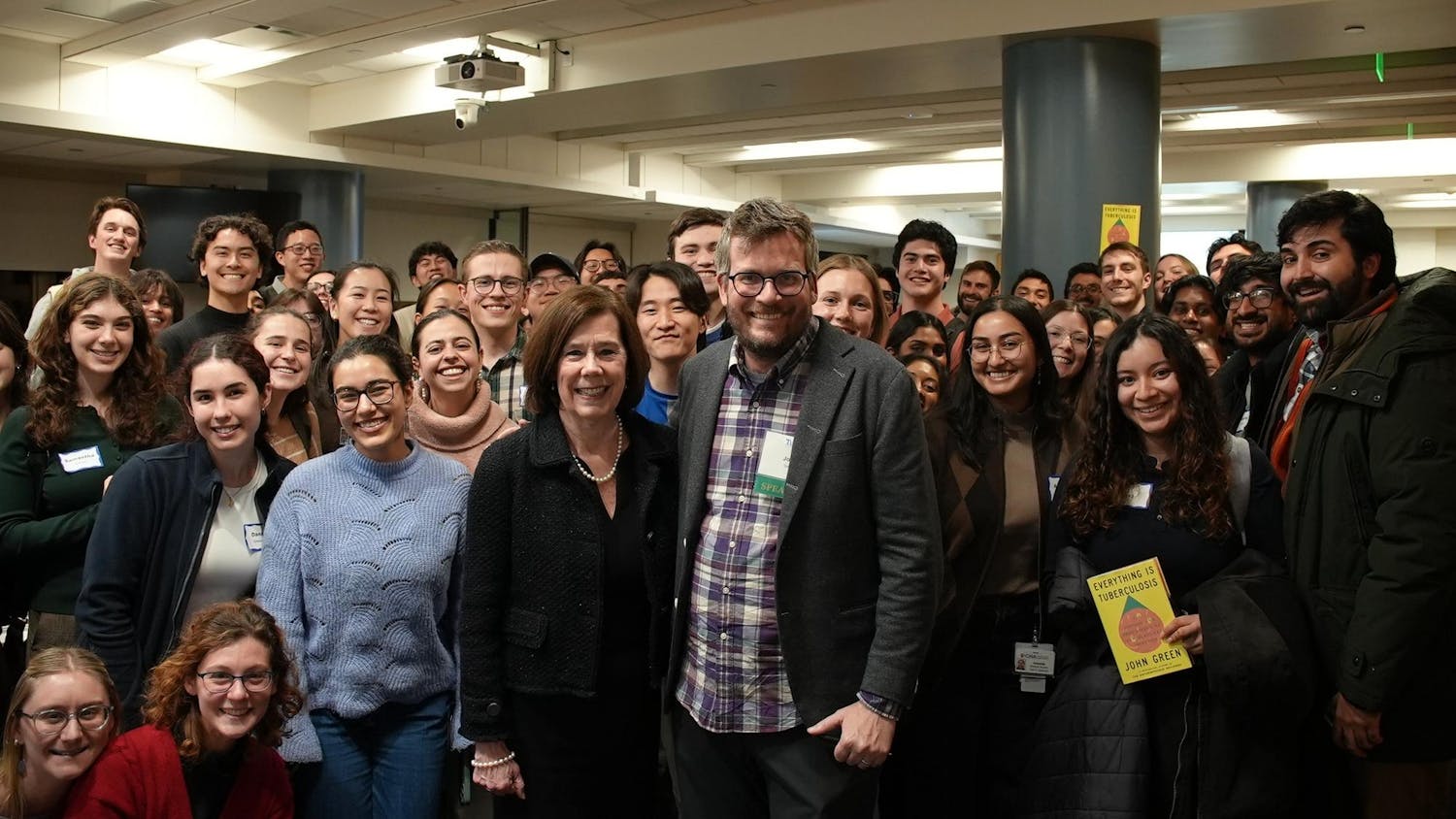The 2020 Democratic primaries have seen over two dozen candidates vying for the nomination. Now, the field has been winnowed down to fourcandidates, and with 2,448 delegates up for grabs in the various primaries in March, you would think we would have a clear nominee soon. Unfortunately, this is probably unlikely. Bernie Sanders is currently in second place for the nomination, and according to FiveThirtyEight, Sanders only has a one-in-twelve chance of getting to the 1,991 delegates needed to secure the nomination; the website shows a three-in-five chance of July’s Democratic National Convention being a brokered convention.
A brokered convention occurs when a candidate “fails to win a majority of delegates after the first round of voting." Delegates then keep voting until a nominee is finally picked. In between votes, candidates may negotiate and make deals in order to get more delegates, promising other candidates cabinet spots if they drop out. Superdelegates will also play a role in the nominating process if there are multiple rounds of voting. Brokered conventions seldom occur, but every time they have has been incredibly chaotic and controversial. The pandemonium of contested conventions is brought out in the season six finale of “The West Wing" (1999–2006), “2162 Votes."
The episode focuses on three candidates: bland, robotic front-runner Vice President Bob Russell; young, idealistic Representative Matt Santos and disgraced former Vice President John Hoynes. Another element of chaos comes in the form of Governor Eric Baker, who attempts to win the nomination from the floor, taking delegates away from Russell, Santos and Hoynes. Multiple members of President Bartlet’s administration try to convince Santos to drop out. Eventually, Santos gives an inspiring speech on the convention floor and wins the nomination in the fourth round of voting.
“The West Wing” is not afraid to show the messiness of American politics; “2162 Votes” is frantic and stressful to watch, as viewers start to wonder how Santos will fare against the Republican nominee, Senator Arnold Vinick. When comparing the Republican convention to the Democratic convention, former White House Chief of Staff Leo McGarry says, “Four days of Swiss watch precision. We get a pie fight.”
Santos does win the presidential election, but it is by the skin of his teeth; it’s possible the optics of the convention made his path to victory all the more difficult. A “pie fight” never bodes well for a political party, not just because they look disorganized and inefficient, but because it is usually indicative of divisions within the party that cannot be solved by multiple ballots and backroom deals.
Although I understand the idea behind it, I sincerely believe that a brokered convention in July would hand Trump reelection on a silver platter. Whoever goes into the convention with a clear lead in delegates needs to get the nomination. Anything else could be seen as the establishment attempting to supersede the will of voters and could deeply and irreparably damage the Democratic Party.
More from The Tufts Daily
The Full Court Press: Rooting for the red, white, blue
By
Noah Goldstein
| February 20
Serve & Survey: Emotionally editing humanity
By
Jaylin Guzman
| February 20





